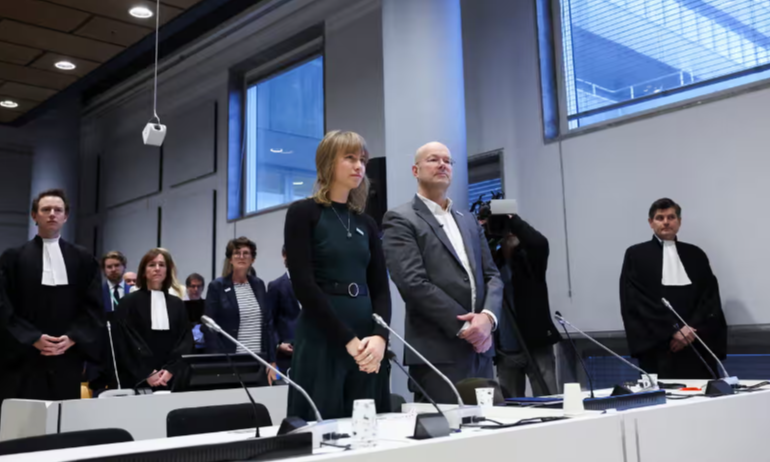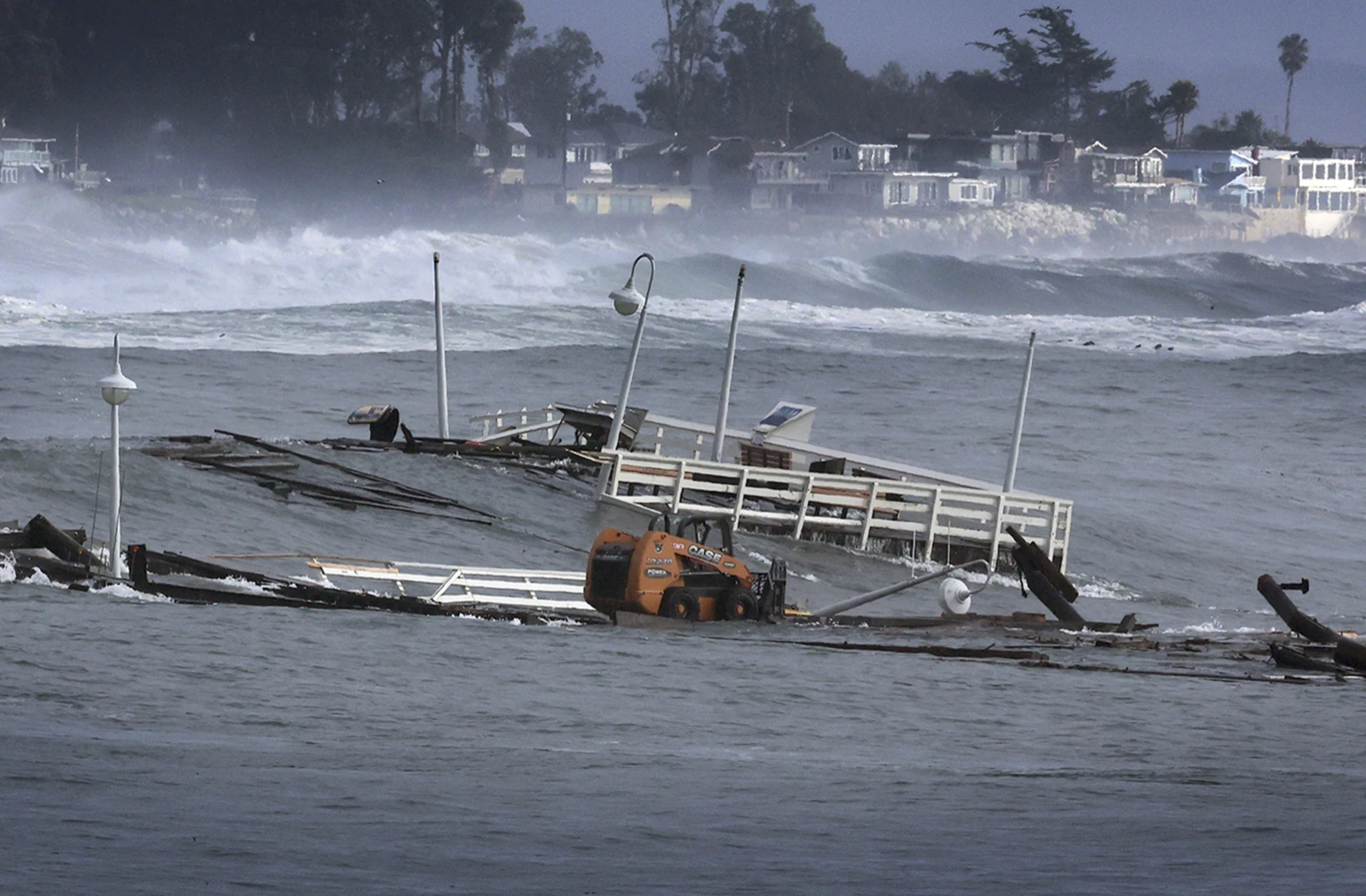Shell Wins Landmark Climate Case in Dutch Court, Sparking Global Debate on Corporate Climate Responsibility

- PublishedNovember 12, 2024
Oil giant Shell has won a landmark victory in a Dutch appeals court, overturning a 2021 ruling that required the company to drastically reduce its carbon emissions by 45% by 2030.
The decision is a significant setback for environmental activists who saw the original case as a breakthrough in holding corporations accountable for climate commitments.
The appeals court ruled that, while Shell does have an obligation to limit emissions in the interest of public health and human rights, the law does not mandate a specific percentage reduction. Shell’s CEO Wael Sawan welcomed the outcome, calling it “the right decision for the global energy transition” and arguing that the onus to limit emissions should rest with governments, not individual companies.
The initial 2021 ruling had been hailed as groundbreaking, marking the first time a private company was legally required to align with the emissions reduction goals outlined in the Paris Agreement. Friends of the Earth Netherlands, along with over 17,000 Dutch citizens, originally brought the case to compel Shell to curb its emissions across all of its operations, including the emissions associated with its products when used by customers. Under the 2021 verdict, Shell would have been required to reduce emissions both from its direct operations (scope 1 and 2 emissions) and from the use of its products, known as scope 3 emissions.
Shell’s successful appeal reaffirms its stance that achieving broad emissions cuts requires systemic change driven by government policy. Shell argued that focusing on one company’s emissions would have little effect on overall demand, as other suppliers would likely step in to meet global energy needs. The appeals court concurred, noting that requiring such reductions could undermine a balanced approach to the global energy transition.
Friends of the Earth Netherlands expressed deep disappointment with the ruling, emphasizing the urgent need for corporate accountability in combating climate change. Donald Pols, director of the environmental group, acknowledged the setback but pledged to keep challenging major polluters, stating that “the race isn’t over.”
The appeals court upheld certain aspects of the original case, confirming that Shell holds an obligation to avoid contributing to climate harm under the principle of human rights. This recognition could have broader implications for ongoing and future cases globally, as corporations continue to face scrutiny over their environmental impact.
Shell argued that its own emissions reduction goals remain ambitious: the company has committed to halving emissions from its direct operations by 2030 and achieving “net-zero” emissions by 2050. Yet, critics point to Shell’s mixed record, as the company recently revised some of its targets to focus more on short-term financial performance and fossil fuel investment. This year alone, Shell invested $16 billion in oil and gas projects, compared to $5.6 billion in low-carbon initiatives.
The appeals ruling comes at a pivotal time, as nearly 200 nations convene in Baku, Azerbaijan, for the COP29 climate summit to negotiate new approaches to curb global warming. Donald Pols warned that international agreements like the Paris Agreement could prove ineffective without stricter oversight of corporate emissions. He argued that the global emissions crisis is partly driven by a small number of major polluters and that binding multinational corporations to climate goals is crucial to meaningful progress.
Observers note that Shell’s appeal victory may provide other major emitters a sense of security against similar lawsuits, but it could also motivate activist groups and investors to pressure companies in other ways. Mark van Baal, founder of Follow This, which advocates for emission reductions through shareholder votes, said the decision heightens investors’ responsibility to act.
Friends of the Earth Netherlands has not ruled out further action, including a potential appeal to the Dutch Supreme Court.
“This ruling is a setback for us and for the global climate movement… But we’re prepared for a marathon, not a sprint,” said Pols.
With input from BBC, the Guardian, the New York Times, and CNN.








